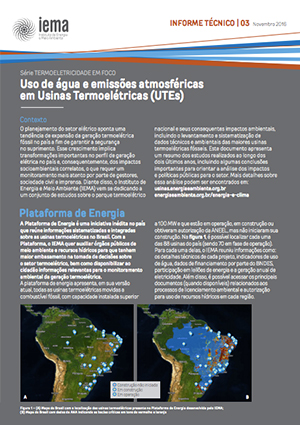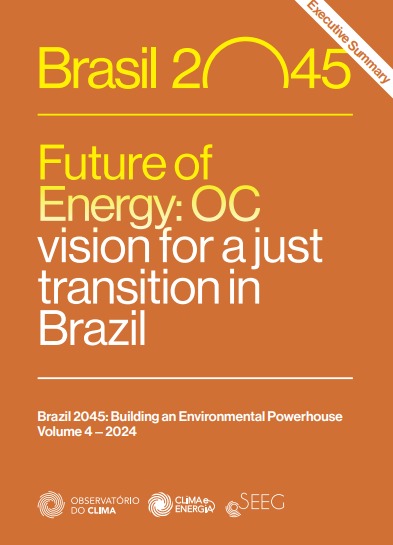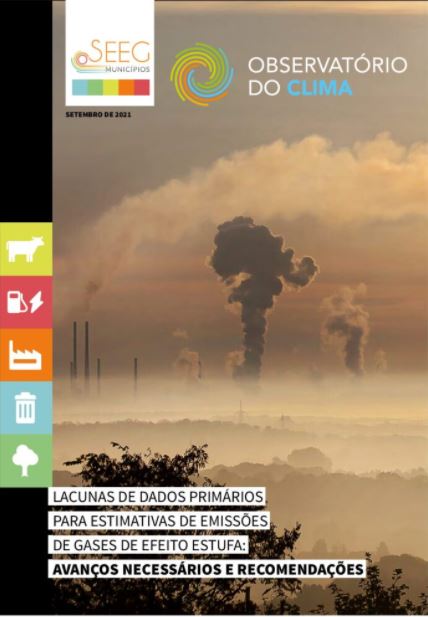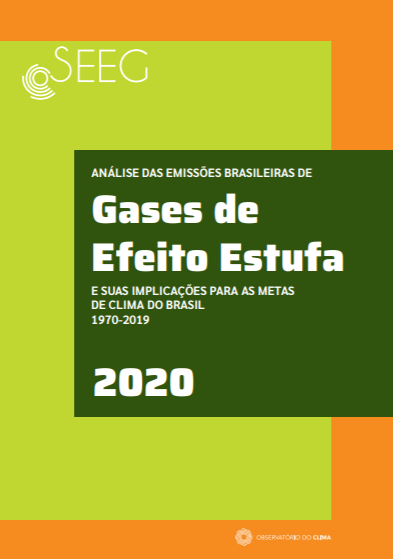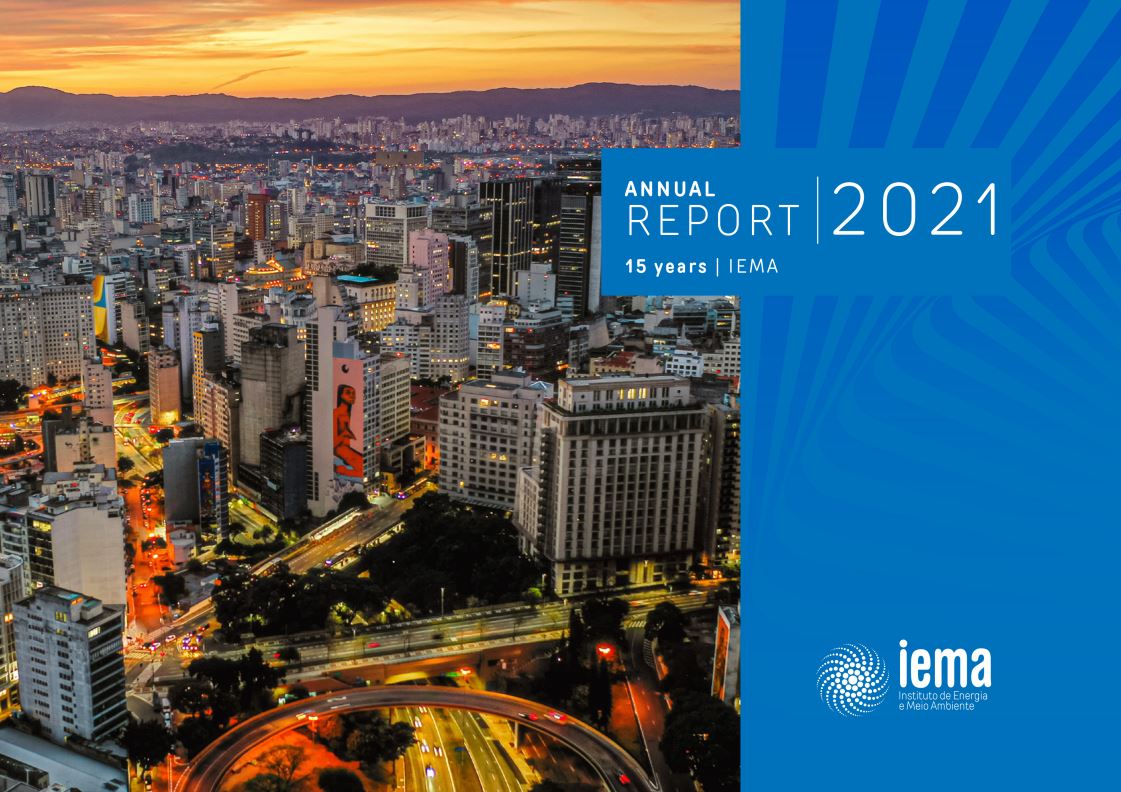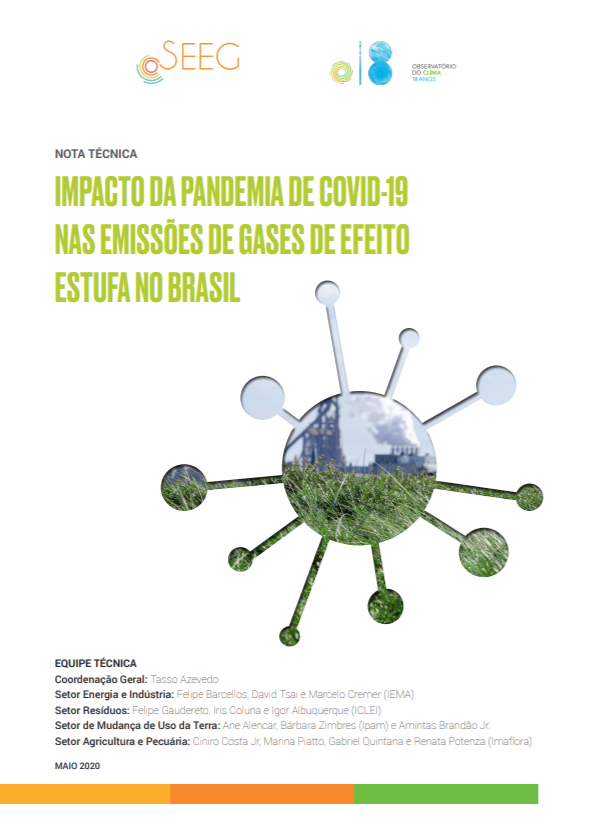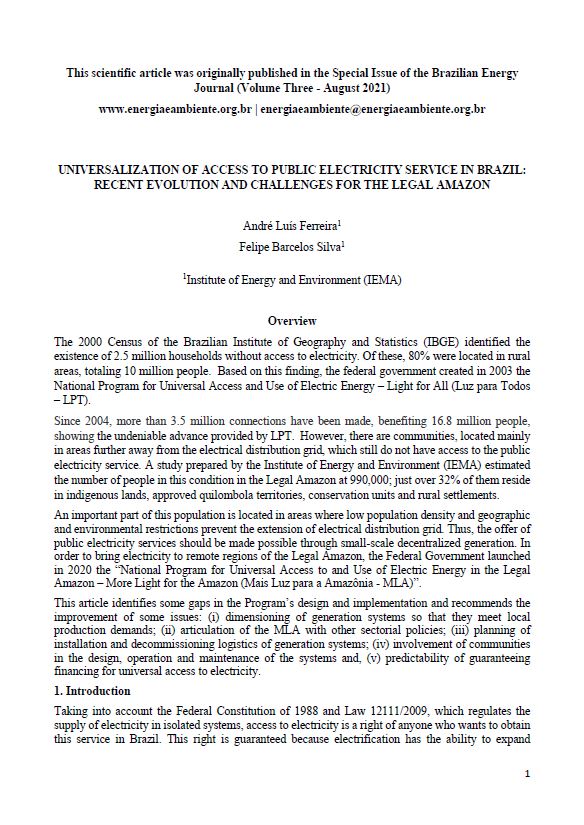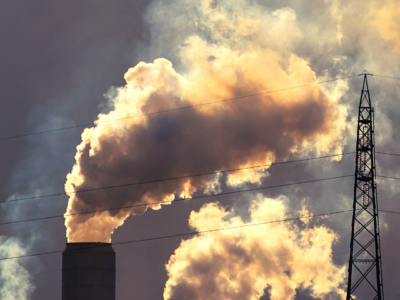A new study details for the first time the emission profile of Brazil’s thermoelectric sector by plants and by companies. This is useful material for journalists specializing in energy/economy and environmental journalists covering Brazil who are looking for stories other than those more closely linked to forest destruction.
The first analysis of the emission profile of Brazil’s thermoelectric sector by plants and by companies will be released this Wednesday (29) and shows that 72% of the Brazilian electricity sector greenhouse gas emissions in 2020 came from just five companies: Petrobras (28,7%), Eneva (14,7%), Engie Brasil Energia (10,5%), Électricité de France – EDF (9,4%) e Eletronorte (9,0%).
When it comes only on carbon dioxide (CO2), the concentration is even higher: Petrobras (24.9%), Engie (19.0%) and Eneva (15.2%) accounted for 59.1% of the emissions. Among the 41 companies responsible for thermoelectric power plants in the South American country, only ten emit 88.8% of all the CO2 in the sector.
The study, conducted by IEMA, also found that Eletrosul, Engie Brasil Energia and EDP Energias do Brasil are the companies that emitted most carbon per electricity generated in Brazil.
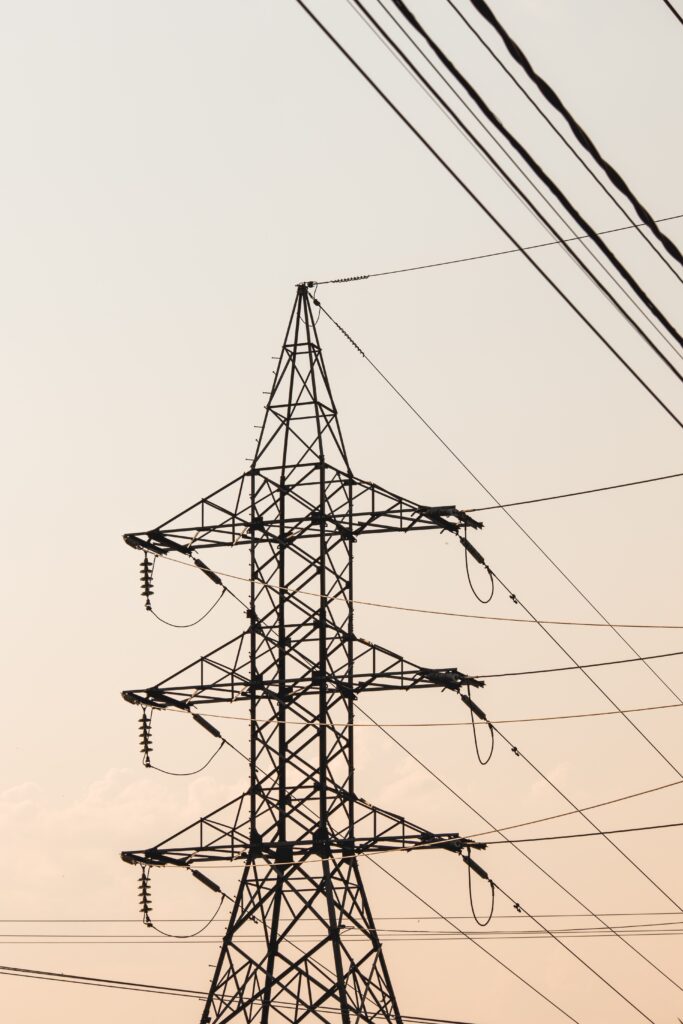
“Brazil had, until then, a great differential in the electricity sector in relation to the rest of the world, for being a sector with a high penetration of renewable energies, mainly hydroelectric. With climate change and its impact on the rainfall regime, the hydroelectric potential of the country is compromised.” At the same time, there is no more room for new hydroelectric plants due to the socio-environmental impact, especially in sensitive areas such as the Amazon.” As a result, thermoelectric plants have gained a new impulse, which will increase our emissions even more. To reverse this, it is first necessary to understand the emission profile of this sector and how each of these plants can be replaced by renewable wind and solar”, Felipe Barcellos e Silva, one of the authors of the study, researcher, IEMA.
“What this report does is to qualify the debate on the current context of the electricity sector, which presents high risks for decarbonisation plans towards a 100% renewable matrix, as well as for the improvement of air quality in the country. Unfortunately, what we have seen is the country moving in the opposite direction, with the expansion of the operation of fossil thermoelectric power plants. Besides the emission of greenhouse gases, this type of generation results in a series of environmental problems. Not to mention that these plants contribute significantly to making electricity bills more expensive”. “This study has shown that there is a long way to go in Brazil”, André Luis Ferreira, executive director IEMA.
